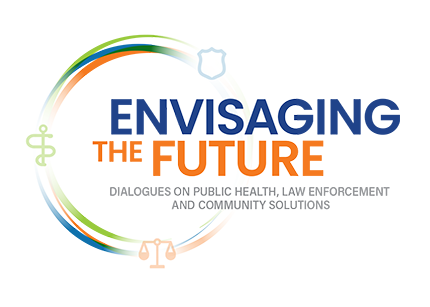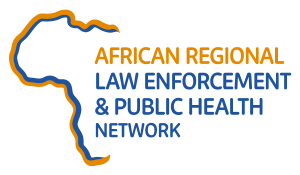
We know quite well how to prevent, detect and mitigate domestic violence. However, in daily activities of law enforcement and public health this is not easily put into a co-operative practice. Why, in practical police work, is domestic violence often regarded as a low priority problem? Why is the reporting rate by victims low? What are the human factors that define effective response and best practice police work in networks of other first line responders like health practitioners, schools, and youth services?
Joachim Kersten from the German Police University (Tuesday’s Plenary Session) will explore this dilemma and outline findings from IMPROVE, the EU research project that is developing tools to increase reporting and detection of domestic violence. The aim is empowering victims to understand their rights to services and justice, combined with pioneering conceptual approaches to efficiently address diverse identities of the survivors, the underserved, vulnerable and marginalized individuals as well as multiple forms and situations of domestic violence.






